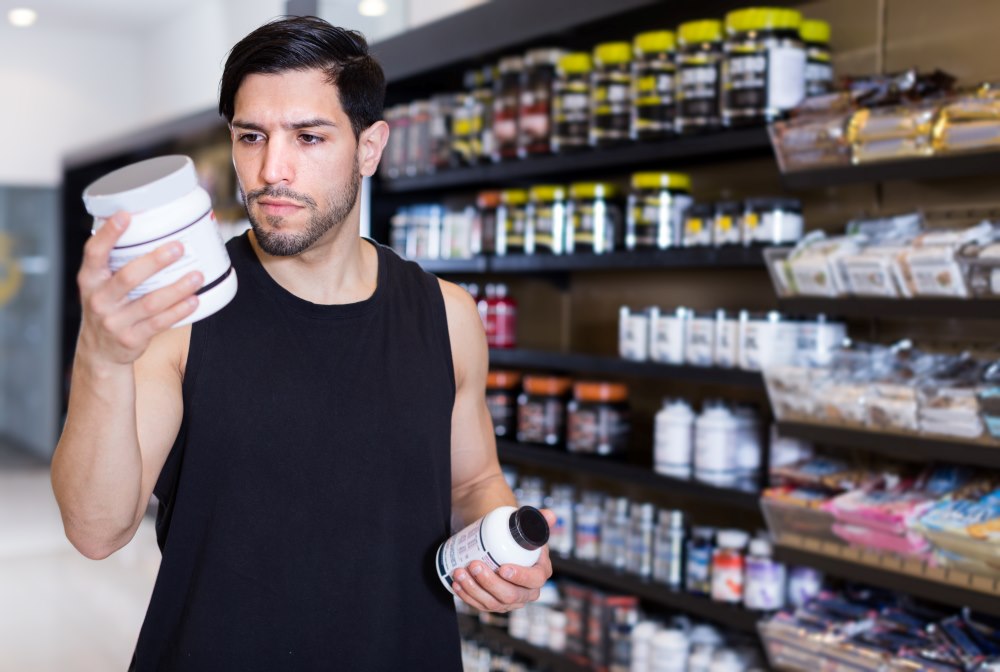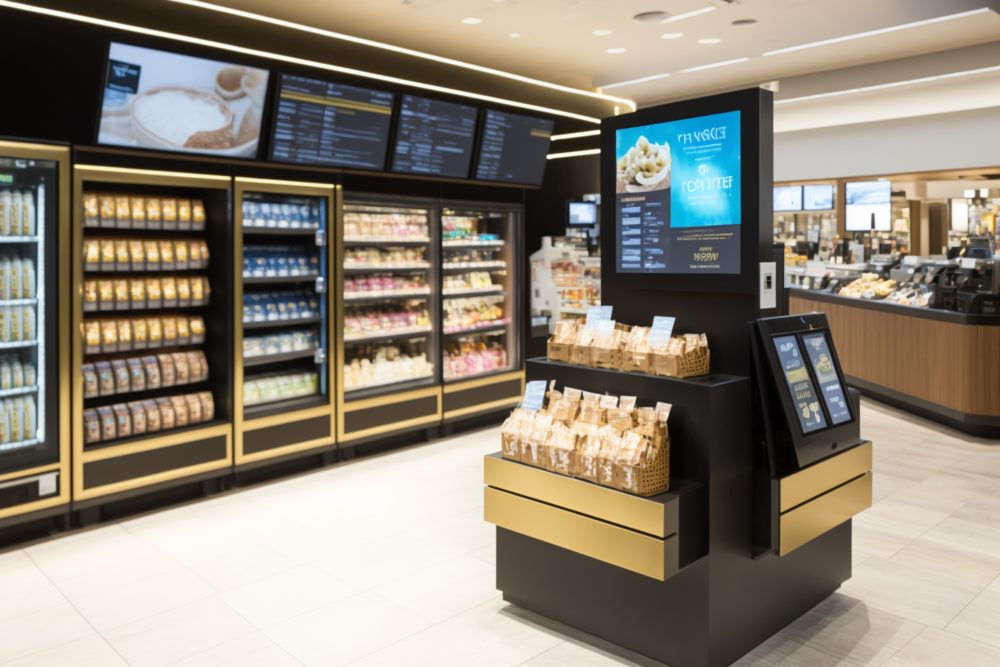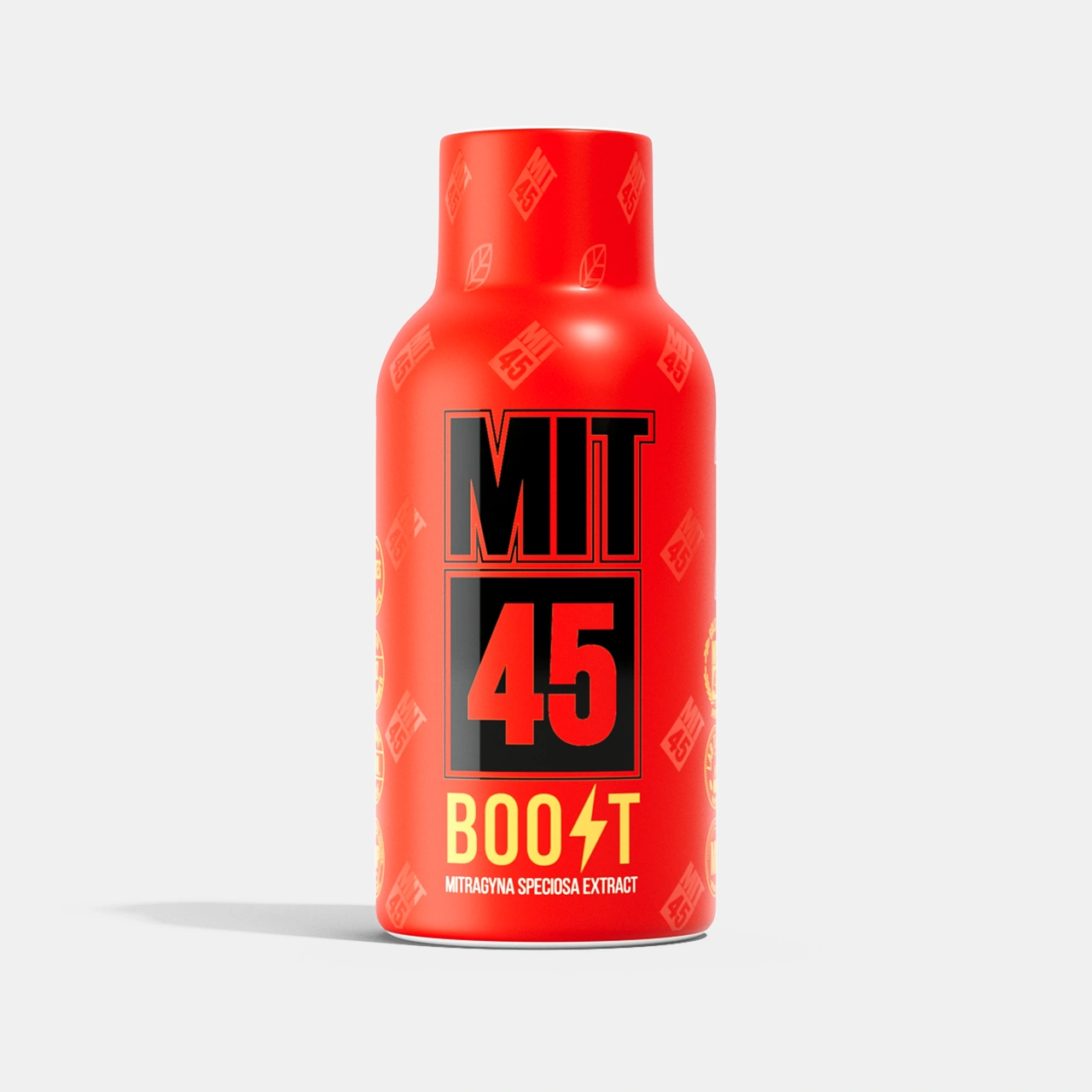In nearly every sector of the economy that deals with consumer goods, a central question for future business planning is how much of the industry will be driven by wholesale and retail shops vs online sales that are direct-to-consumer.
The kratom industry is no different. Manufacturers, distributors, and retailers alike need to consider the potential buying behaviors of future kratom consumers. We have some ideas about how the future may unfold, including which factors are mostly to influence the timing and size of these consumer trends.
Along with the 30,000-foot view, we have specific things to monitor and little tricks that may be worth trying out for your kratom business now and down the road.
Creating Different Kinds of Consumer Confidence—And Confidentiality
Kratom may not be the super dangerous substance the FDA pretends it to be, but it does include psychoactive alkaloids that are capable of passing the blood-brain barrier. When purchased from a reputable source and used responsibly, kratom almost always delivers a positive experience.
Yet, many kratom consumers are aware of news reports that may give them pause. There are shady suppliers and individuals who sell adulterated kratom, whether deliberately mixed with dangerous substances or contaminated by improper storage and handling. The FDA’s treatment of kratom has also created a social backlash from people who mistakenly believe kratom is a common street drug of abuse.
Why Both D2C and Retail Sales are Critical for the Kratom Industry
For these reasons, two things that are important to many kratom users are confidence in the product quality and confidentiality in the purchasing process. Both of these priorities can be addressed in the D2C and retail settings, albeit in ways that speak to different segments of kratom consumers. Consider the following scenarios….
- Someone has an employer, direct boss or colleagues they don’t trust and who frown upon kratom use for some reason. They live in a small town or city where everybody seems to know everybody’s business and running into someone in a head shop or convenience store is a real possibility. This consumer may shop for their kratom exclusively online.
- Someone starts using kratom for its beneficial effects over the objections of a household member. They don’t want to estrange this family member, but they can’t deny their quality of life is significantly improved with a responsible kratom habit. This consumer may shop for their kratom exclusively at head shops and pay in cash.
- Someone has gotten sick from a bad batch of kratom in the past. If it ever happens again, they want to be sure there’s somebody to hold accountable. Websites can provide an easy way to contact the supplier directly but can also disappear overnight from fly-by-night e-comm scams.
- If this person shops at a local retail store, they may have additional assurances in being able to lodge a complaint at the store, except these retail proprietors may defer responsibility to the product manufacturer, who may or may not be easy to contact and get restitution from.
The key takeaway here is that niche businesses can still find and dominate particular corners of the kratom industry, especially if you’re focusing on specific customer verticals like general fitness and workout supplements. However, if you want to build a bona fide and sustainable kratom brand, you probably need both a legitimate e-comm business and some level of retail penetration. Both your website and your retail store experience need to exude this type of confidence and confidentiality.

Not many people feel comfortable being seen and taking their time to read product labels in the middle of a head shop, but that could change quickly.
Visual Merchandising and the Illusion of Choice
As a savvy kratom retailer or distributor, you probably don’t need us to explain the concept of illusion of choice. Yet, more than just having a minimum of three kratom manufacturers for customers to choose from, you should be intentional about the store’s entire visual merchandising strategy. The days in which the prototypical head shop is dimly lit and densely packed with a smorgasbord of products are likely coming to an end.
Yes, your store may have limited space to begin with and a ton of products it could display. But keep in mind that retail market analysts, like the Retail Feedback Group, attribute up to 25% of overall customer satisfaction to the store environment and visual displays. There’s a good chance you’ll do more for your long-term bottom line by creating a store that people want to visit time and time again, rather than focusing on the isolated customers who find some random novelty item buried under other products in a crowded aisle.
A better option may be to take advantage of a back storage room, or even offsite storage. Those proprietors with a retail store and offsite storage can keep some of their inventory off the sales floor entirely in coordination with some type of “special order” and/or home delivery option. We recommend you check out this visual merchandising resource for headshops created by Headquest Magazine.

Adding a drink cooler for ready-to-drink products may be hard to justify, but an interactive retail display could be a game-changer at some head shop locations. Especially if it recommends products based on a customer’s personal health and wellness journey.
General D2C vs Retail Trends
Nowadays, the D2C vs retail debate is almost always framed in terms of consumer behaviors driven by new expectations of speed and convenience, capturing consumer data to quickly identify new buying trends, and the higher profit margins associated with e-comm sales. These editorials make it feel like retail stores are trying to create amazing in-store experiences just to try to survive at all.
That said, as much as you don’t want to lose those customers who are committed to shopping for their kratom online, you need to be mindful of the costs and pain points of a full-fledged website business. Higher profit margins may not matter if the overhead costs of building an online brand and running a successful e-comm business get out of hand—as they so easily can do.
Indeed, while we here at MIT45 have made substantial investments in our e-comm team, we have no plans to scale back our aggressive retail placement and sell-through program.
Overall, a D2C business is by no means a license to print money, but understanding these new influences and online sales data can be crucial to successfully growing your business. For example, if a huge segment of consumers is giving up liquid kratom shots for more convenient and tasty gummies, identifying this trend early with online sales data could save a ton of headaches by avoiding surplus inventory.
New Developments and Future Trends
The big, obvious one is the possibility of a federal KCPA law. If the federal government formalizes kratom’s legal status and the regulatory rules of the road, the kratom industry is likely to explode in size, including both D2C and retail segments.
It’s also critical to consider how other supplements and substances exist in the public zeitgeist. The increasing popularity and acceptance of cannabis dispensaries, not to mention the biohacking movement as a whole, is likely to accelerate the trend of headshops coming out of the shadows to become a destination spot within their neighborhoods.
While we’re still far off from head shops facing an existential threat from online sales, the rise of the “headega” and the need for more memorable in-store experiences may not be that far off.
Of course, different kratom businesses are likely to benefit from a range of strategies for gaining market share. We hope something in this guide has at least given you food for thought or, better yet, sparked an idea about how we can grow your kratom business together with MIT45 wholesale.





